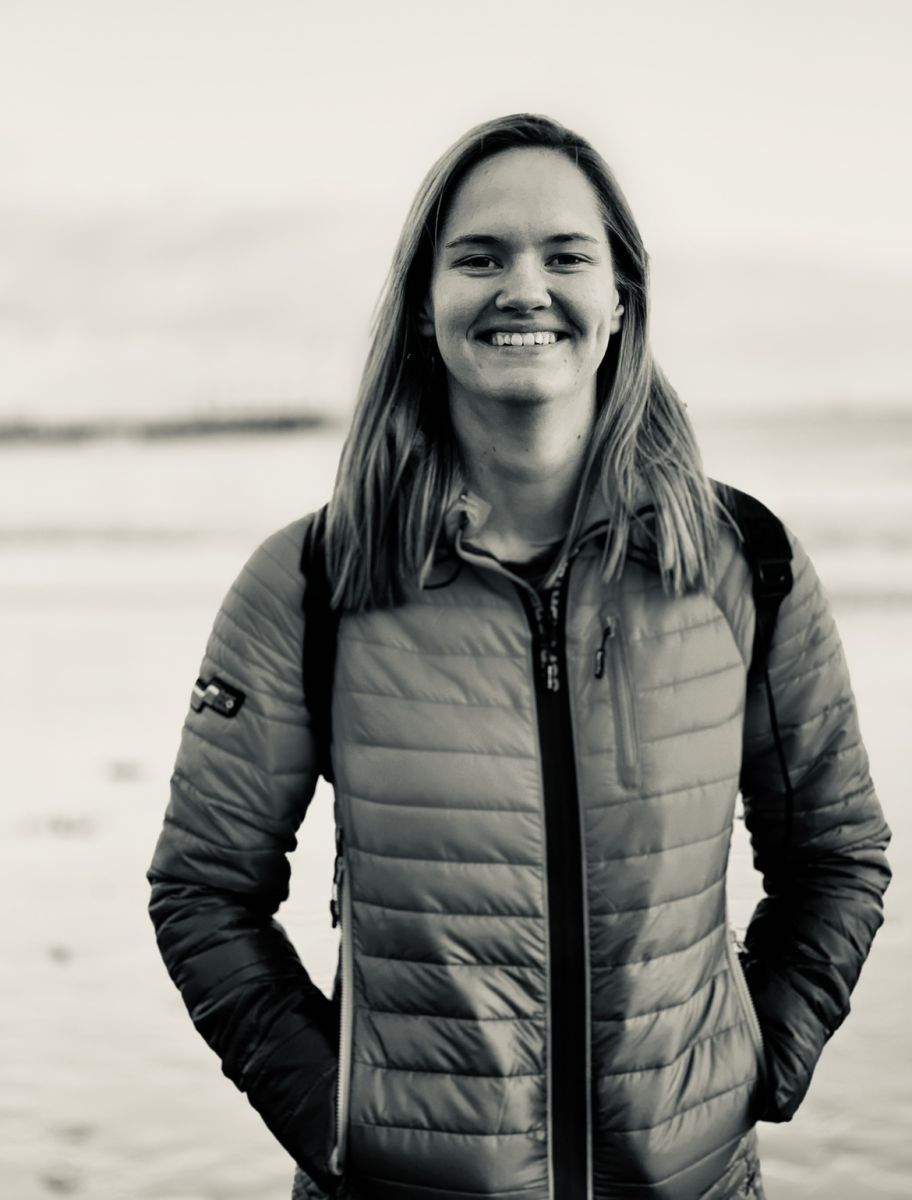Elizabeth Hill
Elizabeth Hill is one of the Open Justice Centre Award winners for 2022 – and says working with the Open Justice Centre has inspired her to change her career path. She shares her story.
Elizabeth was well on her way to becoming a Barrister, having received the prestigious Lincoln’s Inn Neuberger Prize, the Lord Denning Scholarship from Lincoln's Inn for the Bar Course, and a handful of offers for pupillage interviews.
However, having worked with the Open Justice Centre on the extra-curricular Digital Justice Project – during which she was named project winner for creating her own legal chatbot – she’s had a change of heart and wants to pursue a path in legal technology.
She said: “I am interested in working in or with solicitor firms, the courts or any organisation with a legal team, to help develop technology that will increase the speed and efficiency of the provision of legal services. I am keeping an open mind as to how this work may present itself as the use of technology in the legal sector grows.
“The change in direction came as a response to my own personal health issues and following the loss of a close family member. This made me re-evaluate my skills, interests and priorities and I reflected on my studies with the OU to guide this.
“My work with the Open Justice Centre on the Digital Justice Project (2021) was the first time I had engaged with legal technology to provide automated advice to laypeople. I created a scripted dialogue providing immediate, accessible advice on housing disrepair issues. The project complemented my volunteering work for the Citizens Advice Bureau as I had recognised a repeated need to provide advice in a quick and efficient manner, at no cost to the individual. I was very pleased to be named the winner of the project having presented to the panel of judges!”
In yet another coup, Elizabeth has just received an Open Justice Centre Award for her work with the Open Justice Clinic.
“I was eager to continue to engage in the pro bono work of the Open Justice Centre and therefore selected W360 Justice in Action as one of my Stage 3 modules following the Digital Justice Project,” she said. “It was through this experience – advising clients on their legal issues in a remote, online environment (the Open Justice Clinic) that I really saw the benefits of legal technology to promote access to justice. It was through my studies of the impact of pro bono work on social justice, legal ethics and values and professional identity that I started to engage in wider literature relating to the current growth and future of legal technology.”
On Justice in Action, she worked pro bono on a real-life client case with three other students, under the supervision of a qualified solicitor.
It was this work with the Open Justice Clinic that won Elizabeth the coveted Open Justice Centre Award, for her ‘commendable commitment’ and for putting her heart and soul into each case. She was cited as a key member of her group who stepped up to each challenge posed and always got ‘stuck in’ – despite experiencing personal difficulties part-way through the Justice in Action Module. Elizabeth demonstrated resilience, professionalism and all the qualities of a legal professional and team player.
On winning the award, she said: “I felt ecstatic when I won! It was a difficult year for me personally and academically, so to receive recognition in this manner was very gratifying. It was such a privilege to be involved in the Open Justice Clinic and I received incredible support from the other group members, my tutors and the solicitors and specialists involved.”
Her many achievements come after suffering a personal trauma in 2018, after which she sought solace in her studies and decided to pursue a legal career. Having identified her own potential civil action claim, Elizabeth couldn’t afford legal action – and it was this that sparked her initial interest in law and pro bono work.
“I couldn’t afford legal action, so I had to advocate and stand up for myself. At 20 years old that was very overwhelming,” she said. “What I took from those experiences, positive and negative, was this fight for justice and the importance and power of pro bono centres such as the Open Justice Clinic.”
She was studying French with the OU at the time of the incident but began studying Law in 2019 after realising her passion for the subject.
To any potential students considering OU study, Elizabeth says: “Go for it! There are so many benefits to distance learning. The biggest things for me are being able to manage my own study commitments alongside my work and other responsibilities. The lectures are at flexible times which has worked well for me.
“Studying distance learning with the OU has increased my independence and self-drive exponentially; it has put me in great stead for a future career in Law.”

